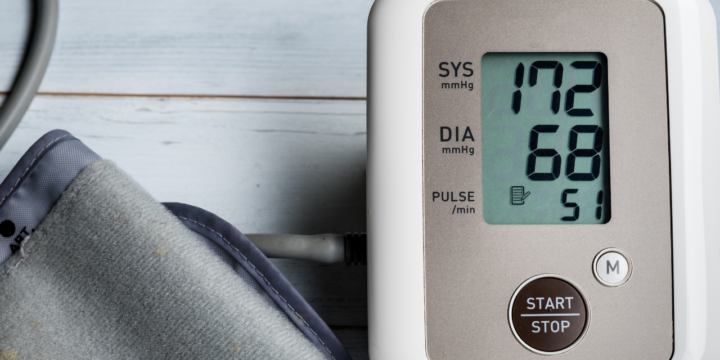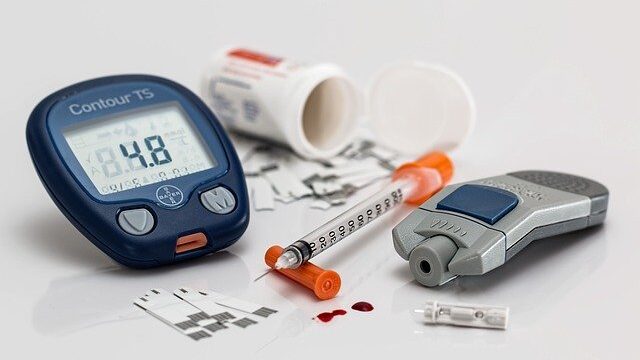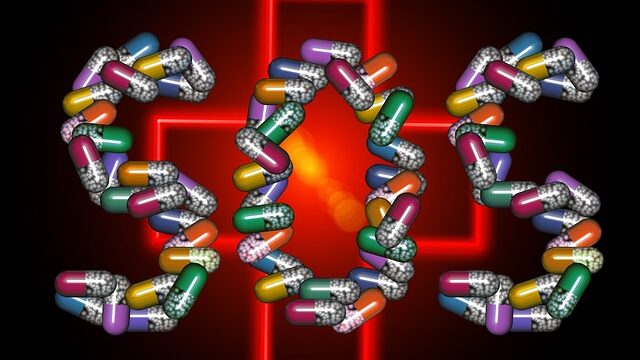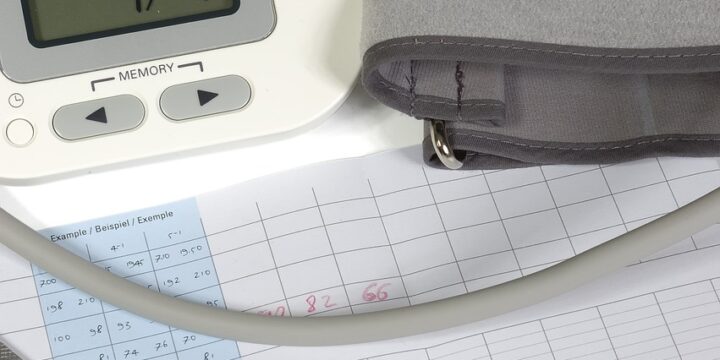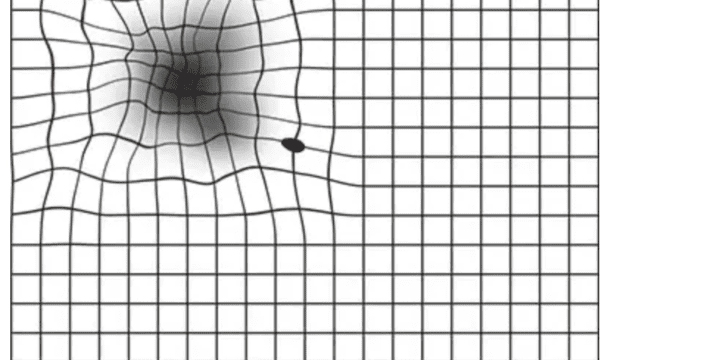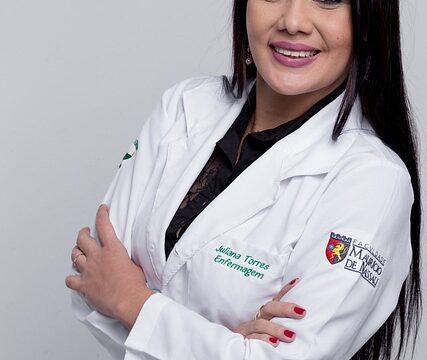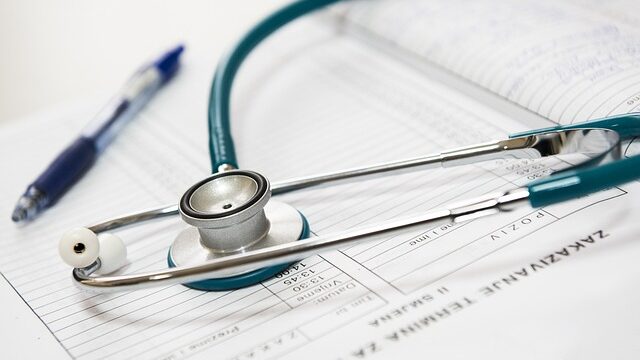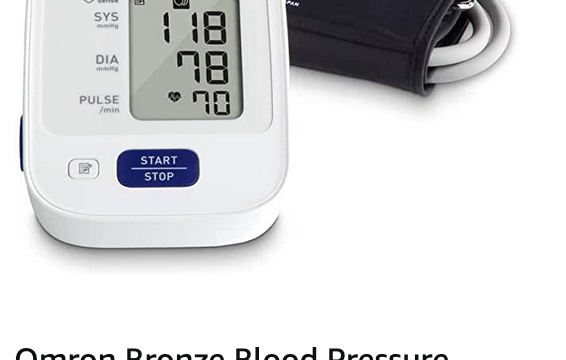
How to Choose a Validated Blood Pressure Monitor and Monitor Your Blood Pressure Effectively
High blood pressure, or hypertension, is a major risk factor for heart disease, stroke, and kidney disease. Monitoring your blood pressure at home can help you keep it under control and provide valuable information for your healthcare provider. However, the first step is choosing a reliable, validated blood pressure monitor. In this blog, we'll walk you through how to pick the right monitor and provide tips on monitoring your blood pressure accurately to take charge of your health. Why Home Blood Pressure Monitoring is Important If you’ve been diagnosed with hypertension or prehypertension, your healthcare provider may recommend that you monitor your blood pressure at home. Regular monitoring allows you to: Track your progress: You can see if lifestyle changes or medications are effectively lowering your blood pressure. Detect changes…
